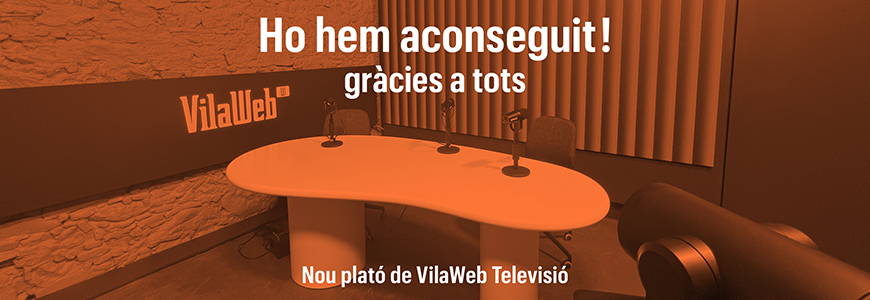28.09.2015 - 16:18
|
Actualització: 13.06.2022 - 09:52
Catalan separatist won an absolute majority of seats in the Catalan parliament, counting together the votes obtained by the separatist parties Junts pel Sí and CUP.
With 73 parliamentary seats, the separatist parties comfortably exceeded the seventy-representative mark, also achieving more than 47% of the vote. Ciutadans, with 25 seats, established itself as the first unionist party. It was followed by the PSC, with 16 seats; the PP, which obtained the worst result in its history in Catalonia (11); Catalunya Sí que es Pot (Podemos’s local brand), with an even worse result (11) than the one obtained by ICV (one of the parties in its coalition) three years ago. Finally, Unió Democràtica de Catalunya lost its parliamentary representation.
Artur Mas, president of the Catalan government and number four on the Junts pel Sí electoral list, called on all parties to accept the separatist victory and promised to manage this outcome ‘with a sense of cohesion and goodwill toward Spain, Europe, and the world’. According to Mas, these election results afford Junts pel Sí the strength and legitimacy ‘to carry forward the process of independence’. ‘We will not let up,’ he said.
Oriol Junqueras, the leader of ERC, one of the parties in the Junts pel Sí coalition, echoed Mas’s view. ‘In the eyes of society and the world, independence has won and now has a more than sufficient majority to carry out this project’.
Unionist parties and the Spanish government, however, have emphasized the fact that Junts pel Sí and CUP have not won a majority of the votes, obtaining 47%. Inés Arrimadas, the Ciutadans candidate, called on Mas to convene a new regional election to compare electoral programs.



